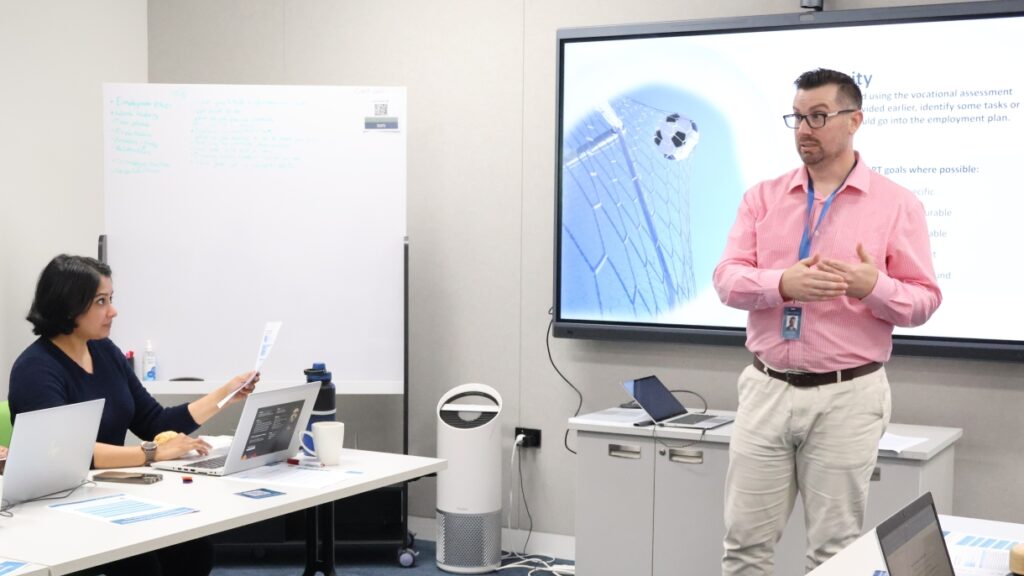Health reports recognise the central role of work in promoting wellbeing
Published:
June 17, 2020
Library type:
Keywords:
Two crucial reports have been released that will help shape a future health and disability system supporting the interrelationship between our health, work and overall wellbeing.
Health and Disability System Review – Final Report – Pūrongo Whakamutunga
Pūrongo Whakamutunga, the final report in the New Zealand Health and Disability System Review provides the roadmap for a fundamental transformation of the health and disability system.
This is a detailed and comprehensive report covering a wide range of recommendations for structural change.
Work Counts is particularly pleased to see the recommendation that the health and disability system should “lead by example” as a good employer. This involves supporting the health and wellbeing of its current workforce, but also through “the ability the system has to create employment opportunities for people who have traditionally found it hard to find employment, particularly people with mental health conditions and disabled people”.
The health and disability sector is one of Aotearoa’s largest employers, and the report recommends that the new Crown entity, Health NZ should lead a programme of work to support the system to be an exemplar employer in recruitment and retention practices for inclusiveness and accessibility.
‘The Future is Now’ Conversation Series: Protecting and promoting mental wellbeing: Beyond COVID-19
Last week, Koi Tū: the Centre for Informed Futures published its fifth discussion paper from ‘The Future is Now’ conversation series. The report, Protecting and Promoting Mental Wellbeing: Beyond COVID-19 was written by Professor Poulton, Sir Peter Gluckman, Rochelle Menzies, Dr Anne Bardsley, Professor Tracey McIntosh and Dr Monique Faleafa on behalf of the Koi Tū mental health expert advisory group.
The paper calls for mental health and addiction services to be fundamentally changed from an outdated, centralised system to a devolved community-led model that responds to the needs of community and iwi.
The paper pushes for faster implementation of key recommendations from He Ara Oranga – Report of the Government Inquiry into Mental Health and Addiction such as moving to a more community-based model of mental health service delivery, and integrating support services into general practice and other community settings.
The report makes a number of recommendations including the need to scale up access to IPS employment support in GP practices and other community settings: “Recognising the central role of work in promoting wellness, GP practices – as well as other community settings – should have Individual Placement and Support Services (IPS) specialists attached. The transition back to work is central in the 2020 Budget and supported across the political spectrum. There is ample evidence showing the benefits of this work-placement approach. It therefore makes sense to roll this out as soon as possible.”
In a statement from the Ministry of Health, deputy director-general for mental health and addiction Robyn Shearer said, “I’m pleased to see that many of the recommendations are areas that the Ministry of Health is already working in including focusing on communities coming up with solutions that are right for them and providing people with more access to and choice of mental health services including in GP settings.”


